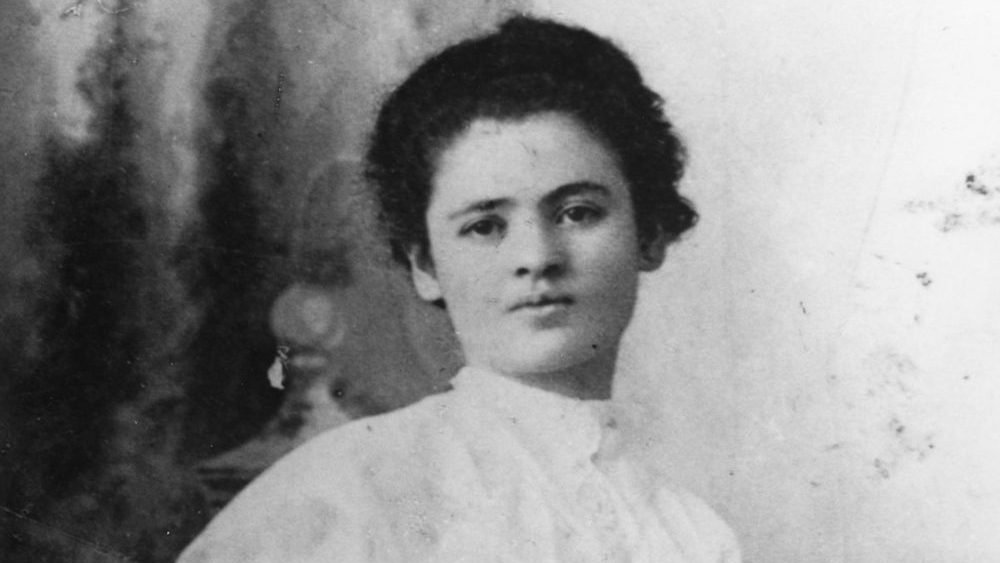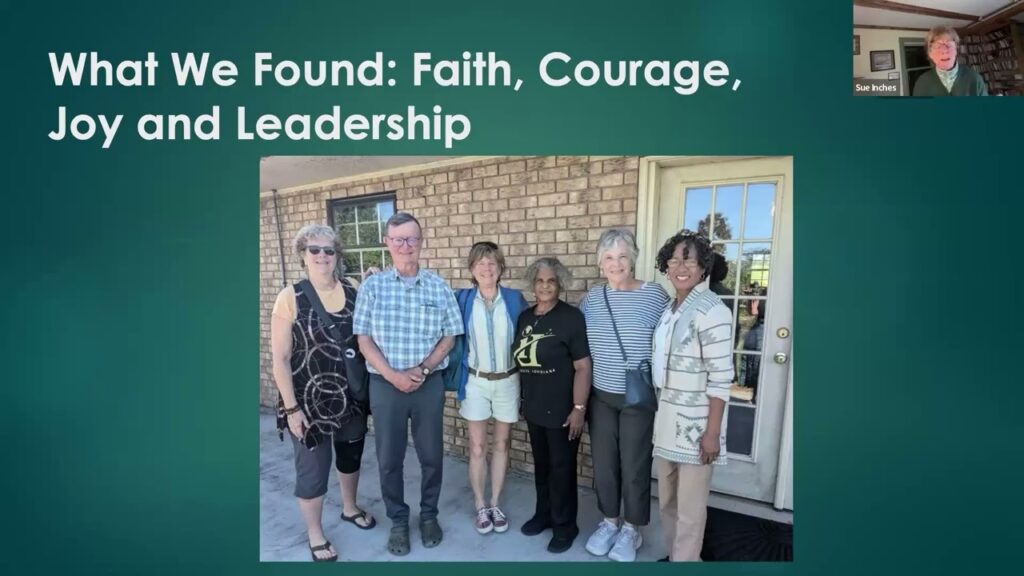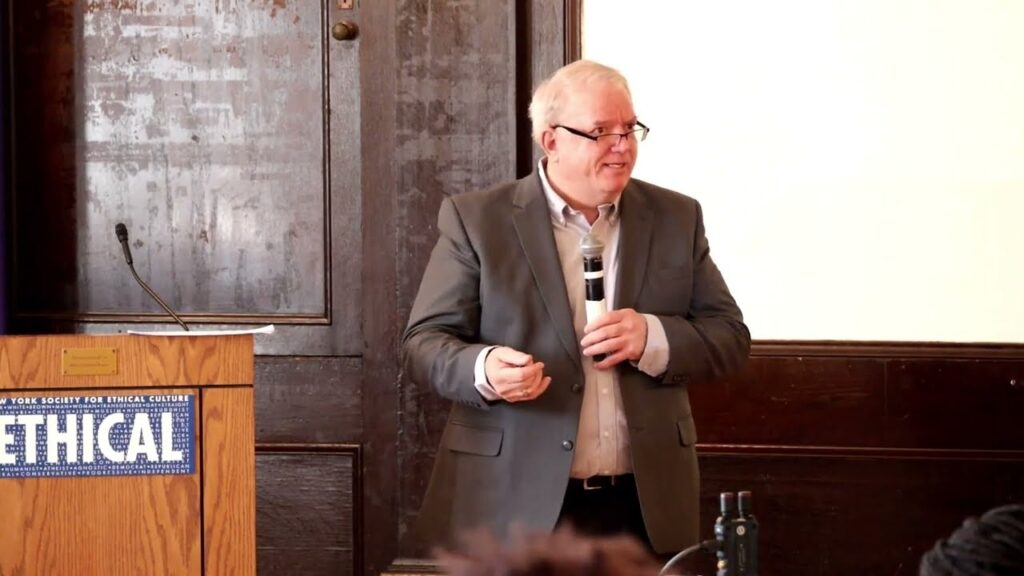
People who march today in protest of this administration’s policies chant “This is what democracy looks like!” and “This is what democracy sounds like!” It’s a gathering call to witness what is happening and to take action against it. It’s a demonstration of the freedoms of speech and assembly guaranteed us by the First Amendment to the United States Constitution. For most of our lives we have taken these freedoms for granted, but no longer, not when police threaten to arrest activists exercising their civil rights.
Learning about and actively participating in democracy was considered a sacred duty by Ethical Culture founder Felix Adler. In his idealistic philosophy, democracy was the practical application of his concept of Ethical Manifold, wherein all beings experience themselves fully in their uniqueness, diversity, and inter-relatedness. Community isn’t complete if it doesn’t include everyone. Indeed, even the universe depends upon everyone’s exertions. (Sadly, although he valued women as “moral teachers,” he did not support women’s suffrage. Other early leaders, including John Lovejoy Elliott did, and the NY Society had an active women’s civics club.)
Imagine what American democracy was like in 1876, when Ethical Culture was founded, and you will understand its importance to the first generation of leaders and members. Until 2000, the election that year between Republican Rutherford B. Hayes and Democrat Samuel Tilden was our nation’s most contentious, with Tilden carrying the popular vote and 184 of the 185 electoral votes needed for a majority. But nineteen votes from three ex-Confederate states controlled by Republicans were in dispute, so Congress created a Federal Electoral Commission (unprecedented and as-yet unreplicated) to sort it out. Voting along party lines, the commission handed victory to Hayes, a decision Democrats called “the Fraud of the Century.”
The election of 1876 drew the highest rate of voter turnout in U.S. history: 81.8 percent nationally and over 90 percent in some states. The fifteenth amendment, adopted in 1870, granted former male slaves the right to vote, but by the late 1870s Southern state governments had effectively nullified both this and the 14th amendment that guaranteed citizenship. It wasn’t until the Voting Rights Act of 1965 that these egregious practices were addressed. Today, thanks to a Supreme Court decision (Shelby County v. Holder, 2013) that gutted key provisions of that act, states are again working to disenfranchise African-American voters.
The national turnout of eligible voters in 2016 was only 60.2 percent. (During the last NYC mayoral election, voter turnout was only 24 percent.) Democrat Hillary Clinton won the popular vote by close to 2.9 million, and Republican Donald Trump carried the electoral vote by 74. Fortunately, an important backlash to the election of Trump has been an increased interest in civics. Starting in the 1980s, policymakers shifted the focus of public schools’ curriculum from social studies to testable subjects like math and reading. They favored training skilled workers over educating critical thinkers. After all, the previous generation had fueled the civil rights and peace movements, neither of which was deemed good for business. In 2011, all federal funding for civics and social studies was eliminated. State and local funding for these subjects dropped precipitously. According to a recent government study, only 25% of U.S. students reach a proficient standard in civics assessment.
And this brings me back to the notion that democracy is sacred in a non-theistic religion of ethics. In March, civil rights attorney Norman Siegel and I co-hosted an event at the NY Society that highlighted and celebrated civics. Our members read key passages from the Declaration of Independence, the U.S. Constitution, and the U.N. Universal Declaration of Human Rights. Esteemed jurists explained their ramifications in today’s political climate, and an a cappella chorus sang the words of the First Amendment. The audience was encouraged to ask questions and given resources for further study.
We also co-hosted an event with Indivisible (https://www.indivisibleguide.com/), first an online guide and now a grassroots movement for local activism, conceived by two former congressional staffers who asked, “What do we do now?” Seeing energy building to resist, they laid out a roadmap to save democracy. The response has been overwhelming. Their guide has been viewed over 18 million times by over 3 million unique users from every state, and almost 6,000 groups, with at least two in every congressional district, have registered. An immediate consequence has been increased attendance at town hall meetings, forcing politicians to be responsible. Last month, Colorado Republican Representative Mike Coffman faced angry constituents who told him more than once, “You can side with us or side with the President.”
There is more that we can and must do. Alongside the protests and resistance, we must promote civics education. Our democracy will not survive future generations unaware of their rights and responsibilities. Visit the website of the Campaign for the Civic Mission of Schools (http://www.civicmissionofschools.org/) today. There you will find a quotation from John Dewey: “Democracy needs to be re-born in each generation and education is its mid-wife.”
Democracy is sacred, and it is entrusted to us.








